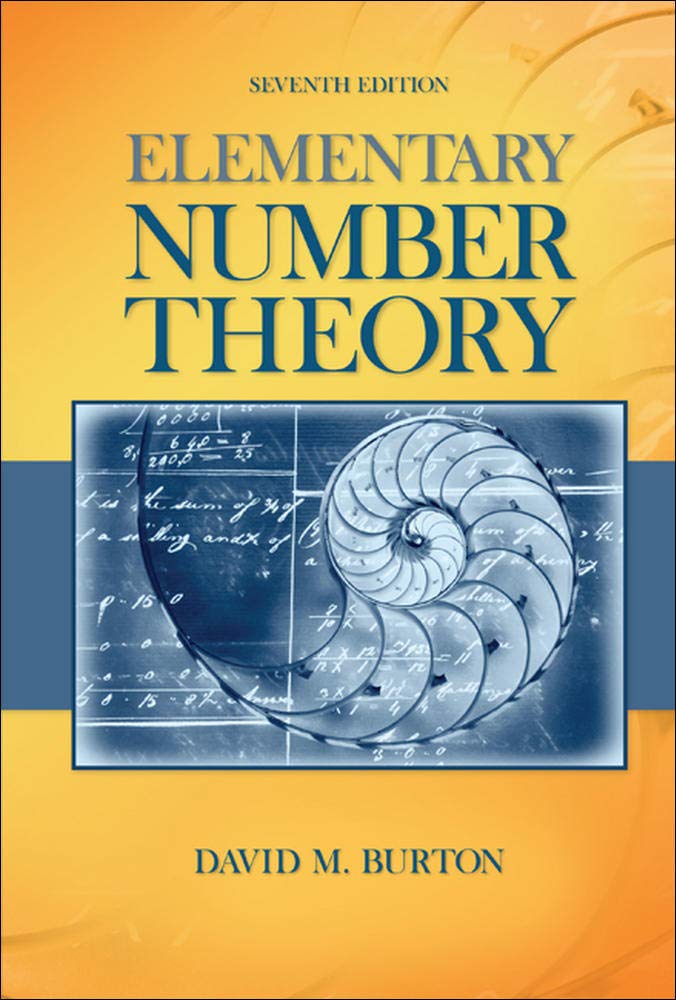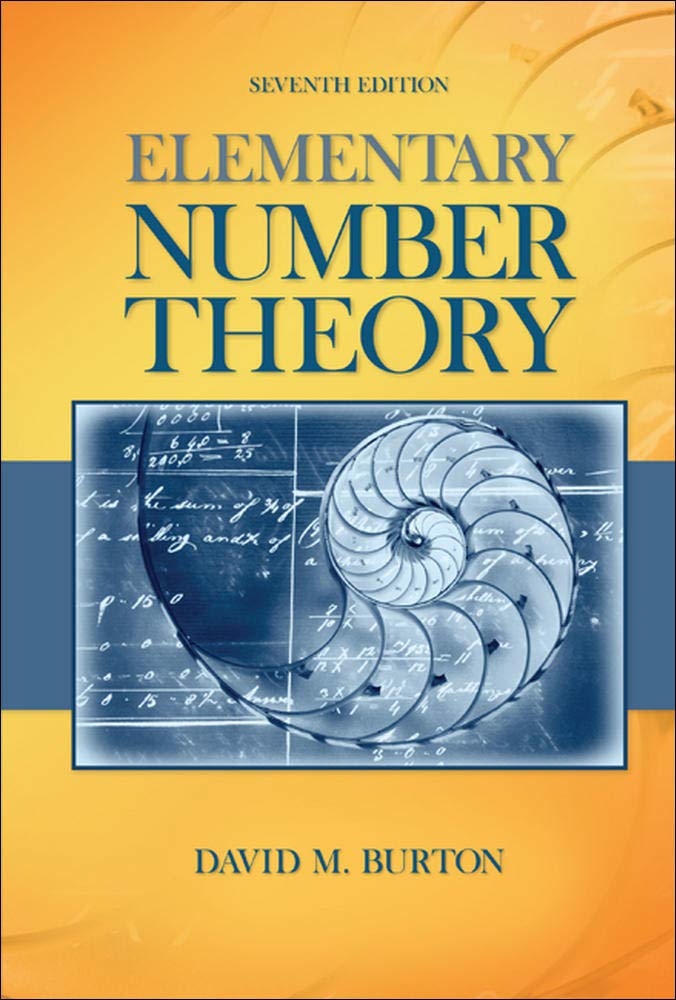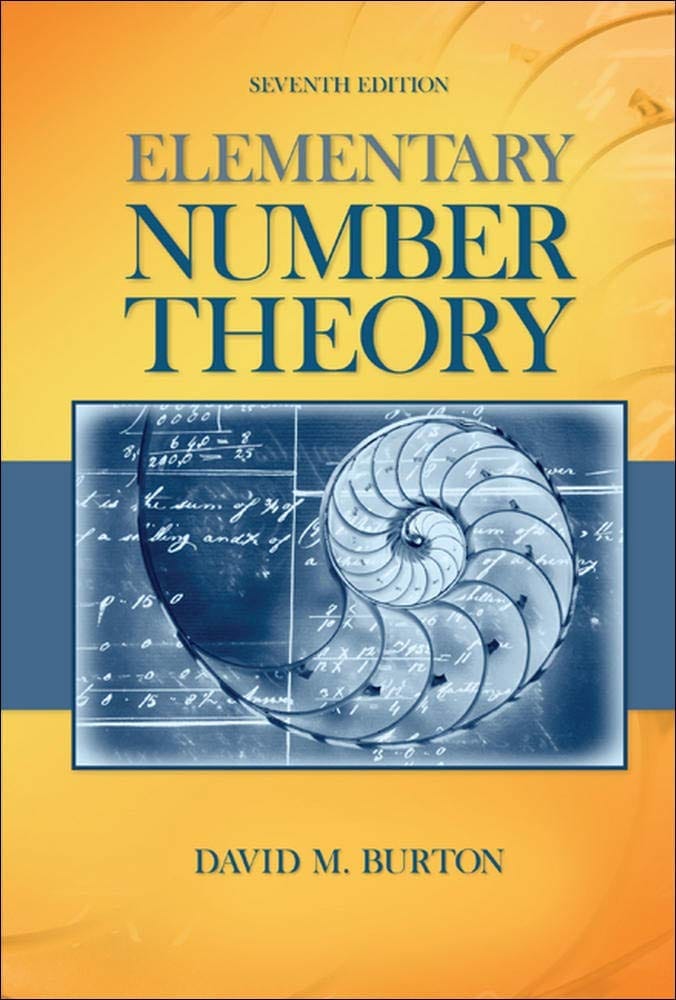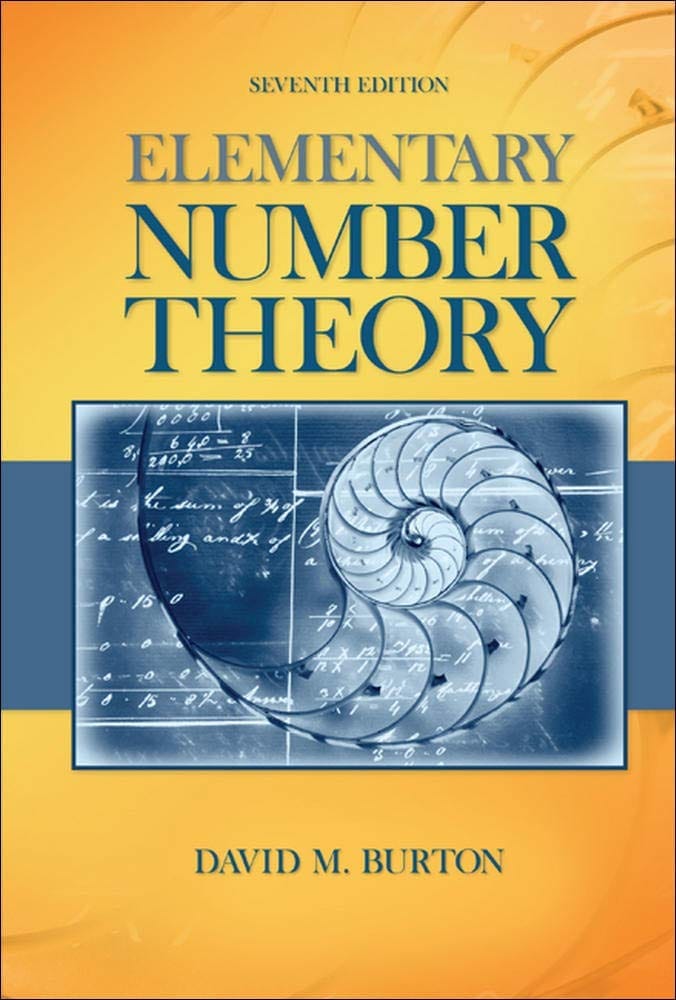
Elementary Number Theory Problems 3.3 Solution (David M. Burton's 7th Edition) - Q2
(a) If $1$ is added to a product of twin primes, prove that a perfect square is always obtained. (b) Show that the sum of twin primes $p$ and $p + 2$ is divisible by $12$, provided that $p > 3$.
Background
All theorems, corollaries, and definitions listed in the book's order:

I will only use theorems or facts that are proved before this question. So you will not see that I quote theorems or facts from the later chapters.
Question
(a) If $1$ is added to a product of twin primes, prove that a perfect square is always obtained.
(b) Show that the sum of twin primes $p$ and $p + 2$ is divisible by $12$, provided that $p > 3$.
Solution
(a)
Let $p$ and $p + 2$ be the twin primes. $p(p + 2) + 1 = p^{2} + 2p + 1 = (p + 1)^2$. Therefore, a perfect square is always obtained.
The rest is for Premium Members only
SubscribeAlready have an account? Log in

